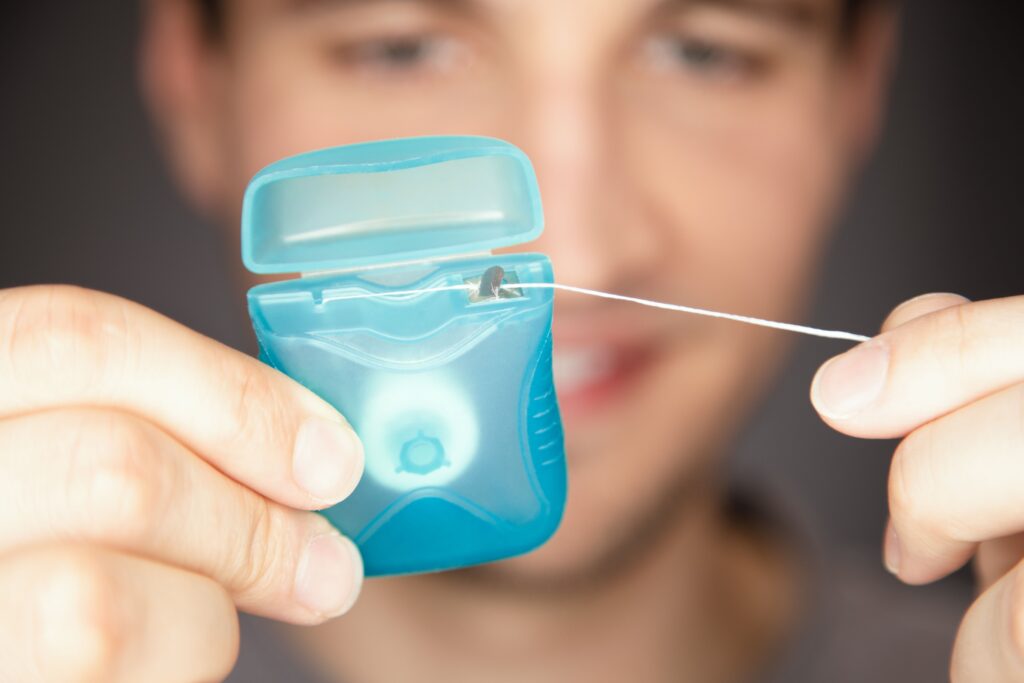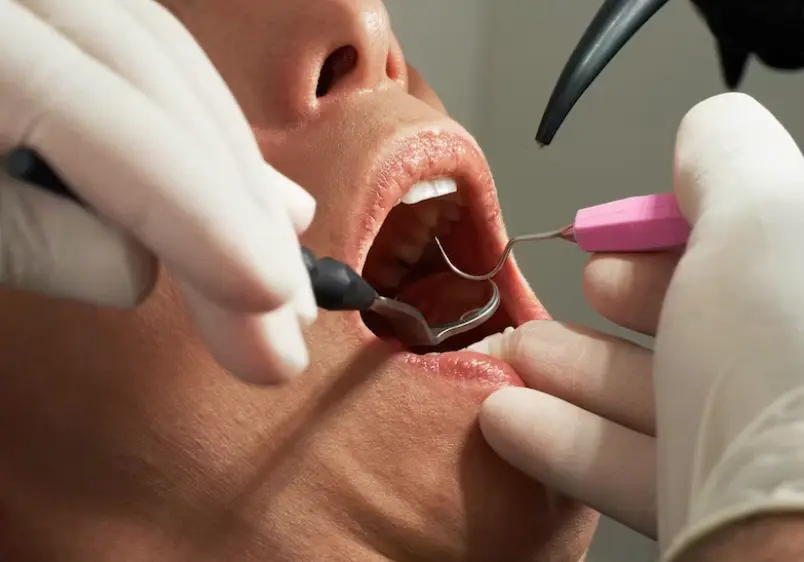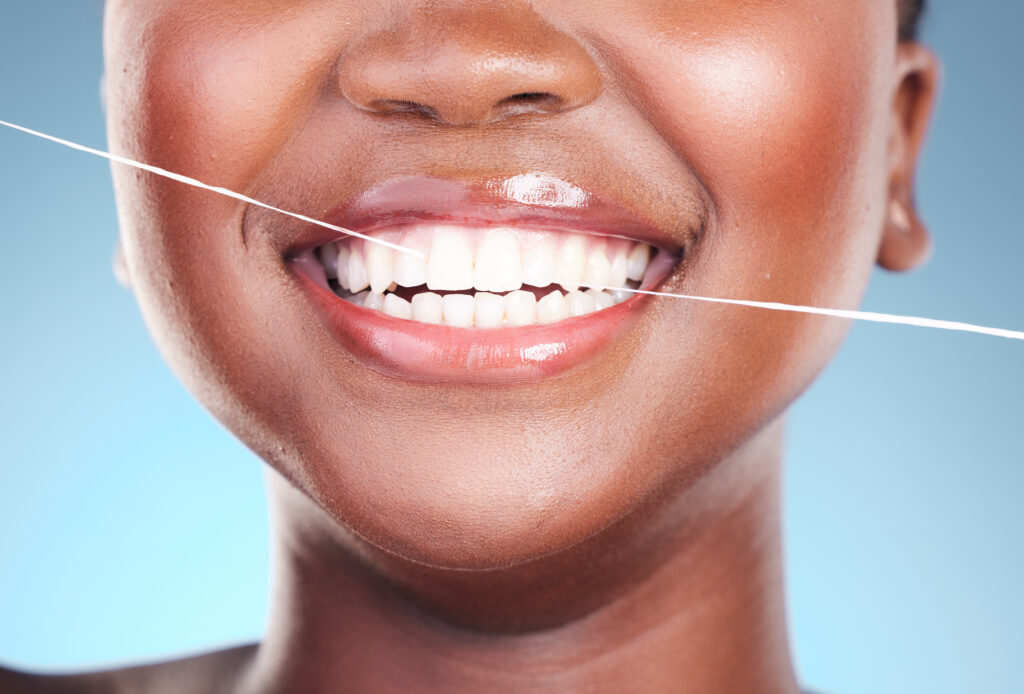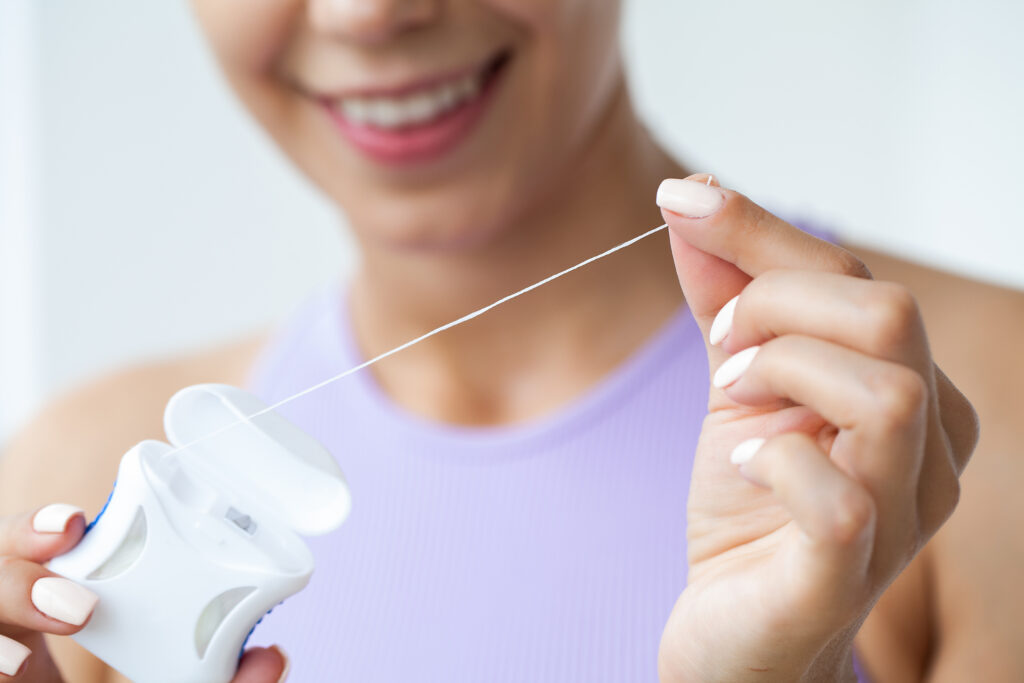Night guards, are custom-made dental devices that protect your teeth from grinding and clenching while you sleep. While most people can benefit from using a night guard, the effectiveness of the device heavily depends on its proper fit. In this article, we will discuss why a properly fitting night guard is important, how to get the right fit for your night guard, signs of a poorly fitting night guard, and how to maintain your night guard.
Why is a Properly Fitting Night Guard Important?
A properly fitting night guard offers several benefits, including protecting your teeth from grinding and clenching, reducing muscle tension and headaches, and preventing jaw problems and TMJ disorders.
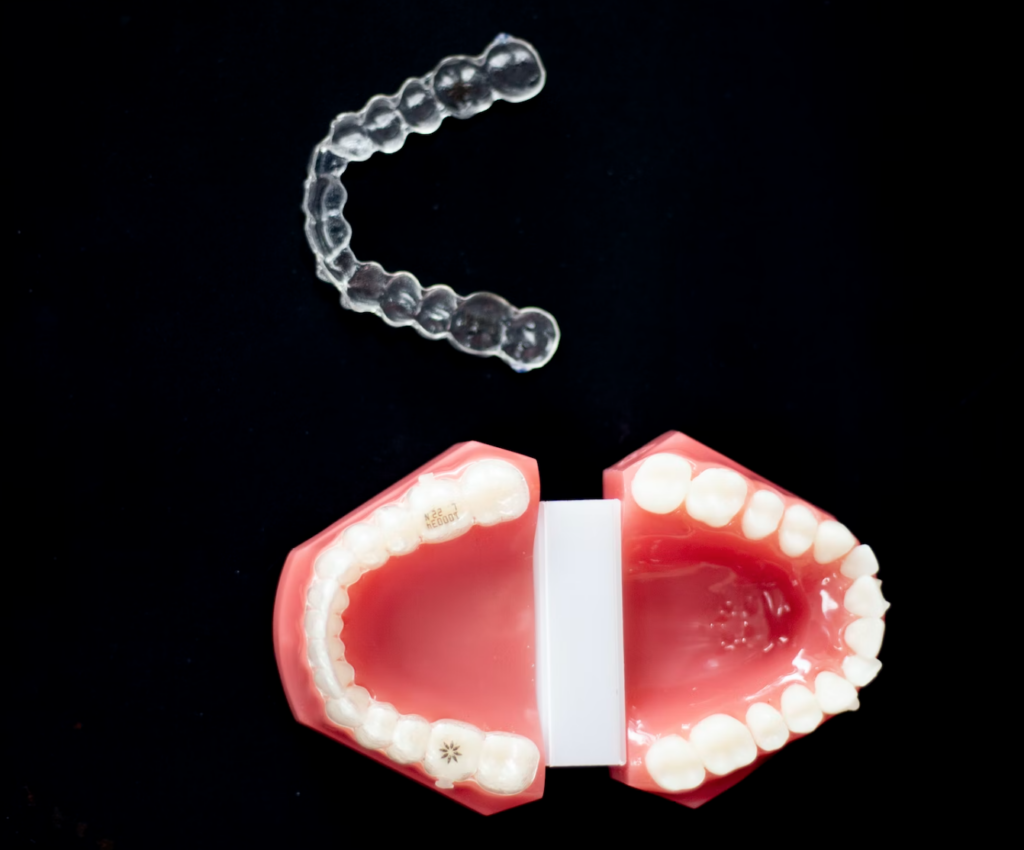
Teeth grinding, also known as bruxism, is a common problem that can cause significant damage to your teeth, jaw, and gums. A night guard helps to cushion your teeth and prevent them from coming into contact, reducing the risk of damage. Additionally, the device helps to reduce the tension in your jaw muscles, which can reduce headaches and other related symptoms.
Furthermore, a poorly fitting night guard can cause more harm than good. An ill-fitting device can cause muscle tension, teeth sensitivity, changes in your bite, and even breathing difficulties. This is why it’s crucial to get the right fit for your night guard.
How to Get the Right Fit for Your Night Guard
There are two primary ways to get a night guard: custom-fitted and over-the-counter. Custom-fitted night guards are typically recommended by dentists and can be obtained through professional dental services or at-home impression kits.
Professional dental services: A dentist will take impressions of your teeth and send them to a dental lab to create a custom-fitted night guard. This process ensures that the device fits your teeth precisely, providing maximum protection and comfort.
At-home impression kits: An at-home impression kit allows you to take impressions of your teeth from the comfort of your own home. After taking impressions, you send them to a dental lab, where they create a custom-fitted night guard. However, this option requires you to be able to follow detailed instructions accurately.
Over-the-counter night guards, on the other hand, can be bought at drugstores or online without the need for professional dental services. These are typically pre-made or boil-and-bite night guards.
Pre-made night guards: Pre-made night guards are designed to fit a broad range of mouth sizes and shapes. These devices are usually inexpensive, but the fit may not be optimal.
Boil-and-bite night guards: Boil-and-bite night guards are made of thermoplastic material that can be molded to fit your teeth. You boil the device in hot water, bite down on it to create an impression, and then cool it in cold water. This option provides a better fit than pre-made night guards, but it may not be as precise as custom-fitted night guards.
Considerations for the Best Fit
When selecting the right night guard for your needs, there are a few considerations to keep in mind:
Material: Night guards can be made of several materials, including acrylic, soft silicone, or a combination of both. Soft silicone is more comfortable, but acrylic is more durable.
Thickness: A thicker night guard provides more protection but can be uncomfortable for some people.
Comfort: The device should be comfortable to wear and not cause any pain or discomfort.
Signs of a Poorly Fitting Night Guard
A poorly fitting night guard can cause several symptoms, including discomfort or pain, difficulty speaking or breathing, slipping or shifting during sleep, and tooth sensitivity or changes in your bite. If you experience any of these symptoms, it’s essential to get a new night guard or see your dentist to adjust the device.
Maintaining Your Night Guard
Once you have a properly fitting night guard, it’s essential to maintain it properly to ensure it lasts as long as possible. Here are some tips for maintaining your night guard:
Clean your night guard regularly: Rinse your night guard with water before and after use, and use a toothbrush with mild soap or toothpaste to clean it gently.
Store your night guard properly: Keep your night guard in a protective case when not in use to prevent damage or contamination.
Avoid exposing your night guard to heat: Do not leave your night guard in direct sunlight or in a hot car, as heat can damage the material.
Replace your night guard as needed: Night guards can wear down over time, so it’s important to replace them periodically to ensure maximum protection.
Conclusion
A properly fitting night guard is essential for protecting your teeth from grinding and clenching while you sleep. When selecting a night guard, consider the material, thickness, and comfort level to ensure the best fit for your needs. If you experience any symptoms of a poorly fitting night guard, it’s essential to seek a new device or adjust the current one. Finally, proper maintenance of your night guard can ensure it lasts as long as possible and provides maximum protection for your teeth.




